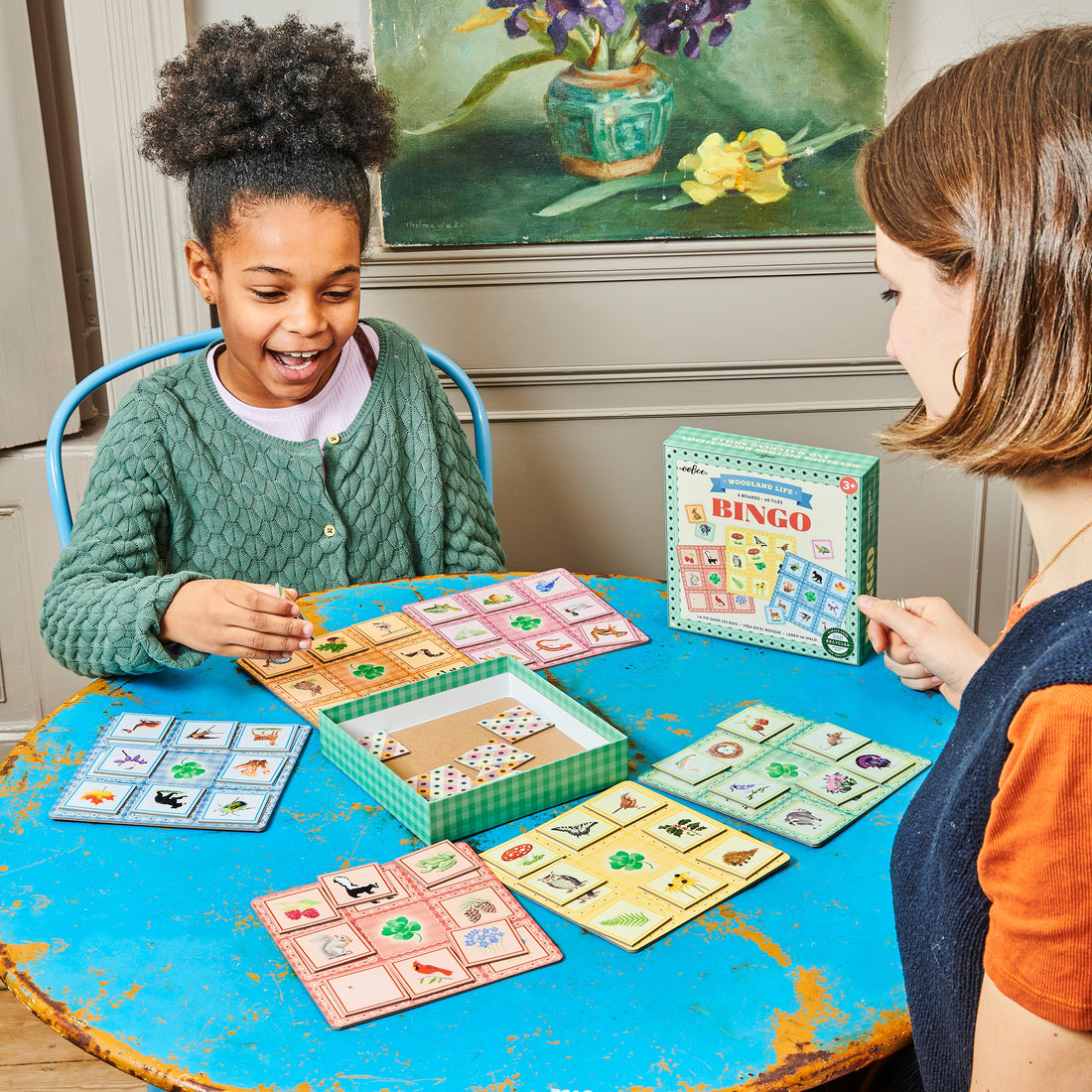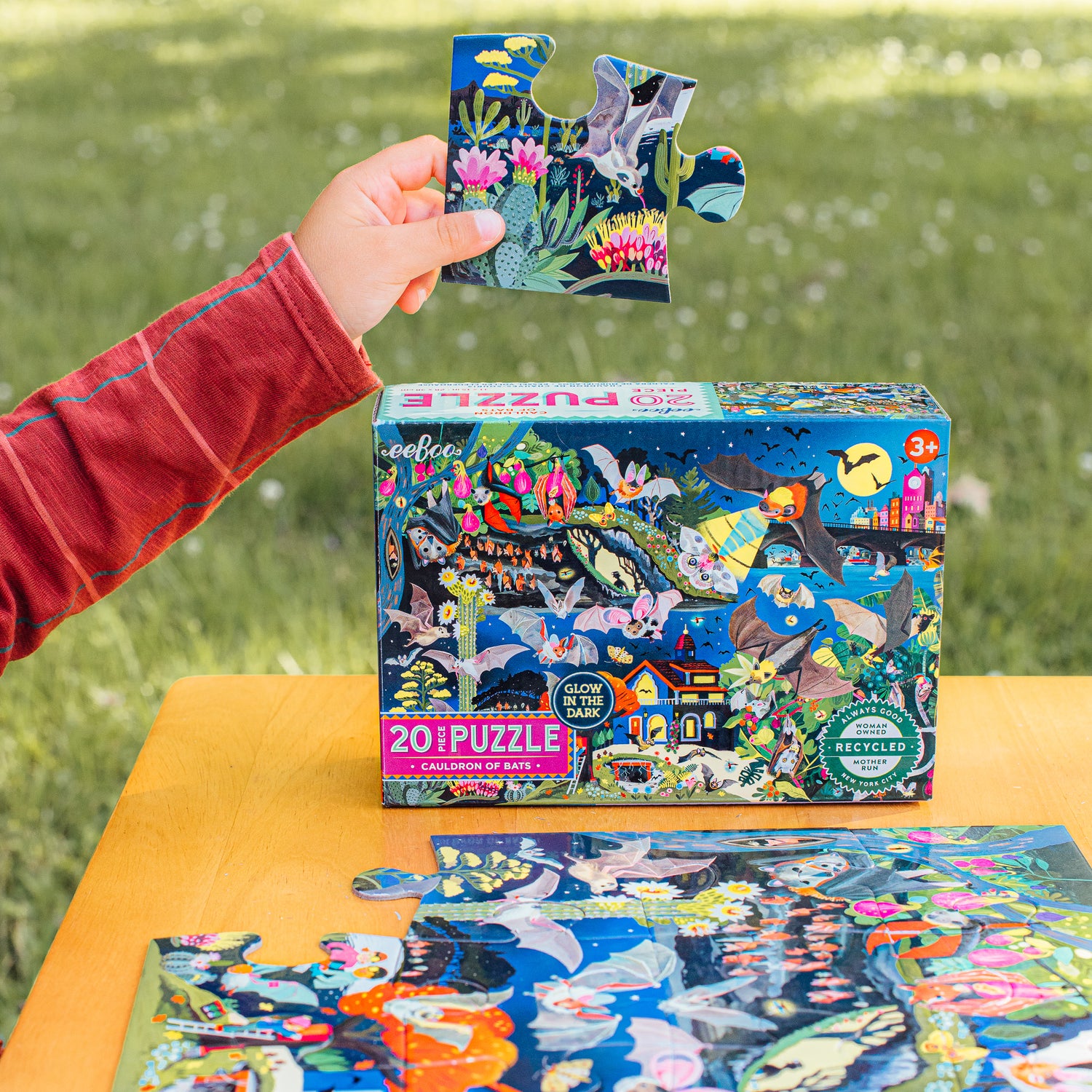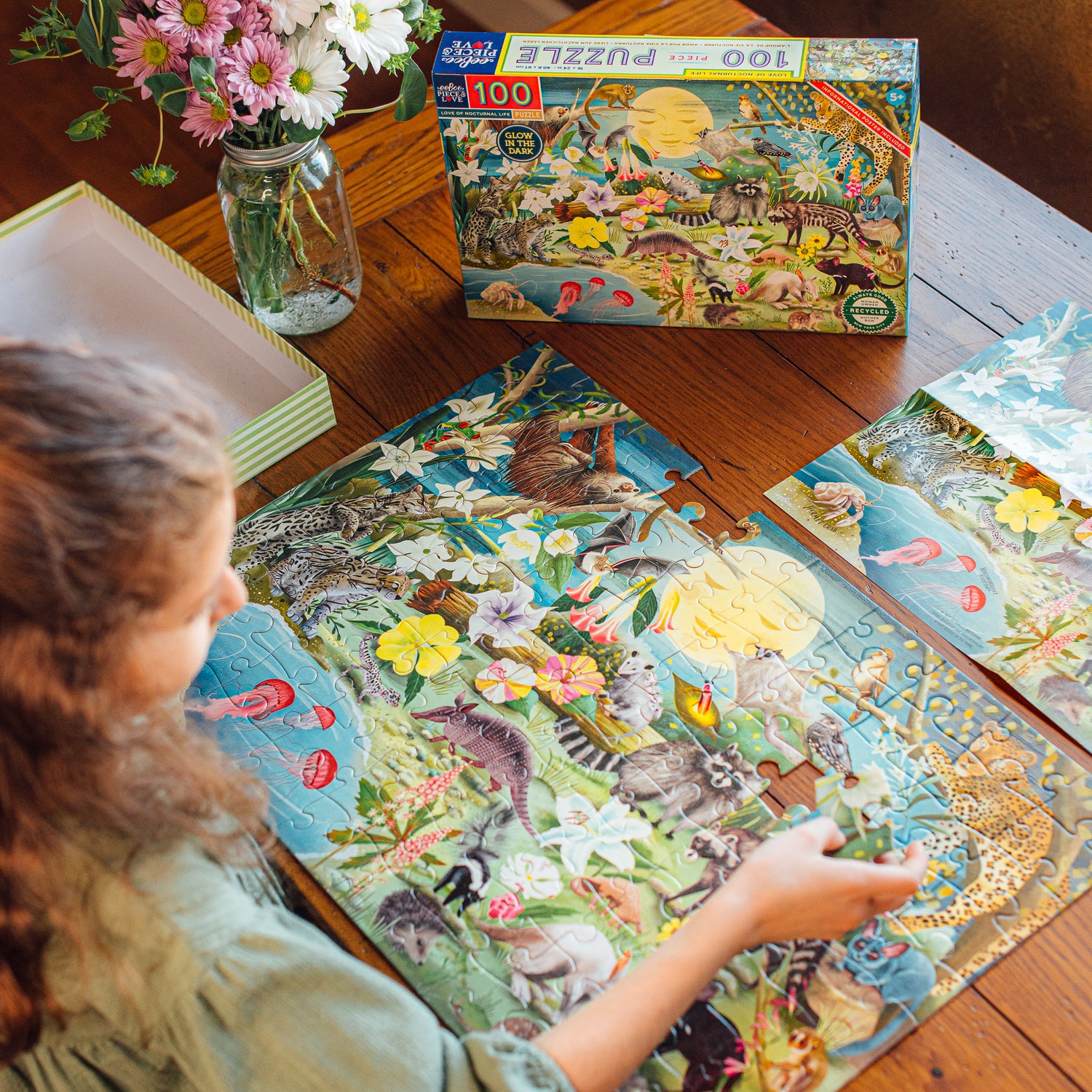The Montessori method, developed by Dr. Maria Montessori in the early 20th century, is based on the belief that children are naturally curious and capable of initiating learning in a supportive, thoughtfully prepared environment. The core principles of Montessori education include:
1. Child-Centered Learning
- The child is at the center of the learning process, and education is tailored to their individual developmental needs, interests, and pace. Teachers act as guides rather than traditional instructors.
2. Prepared Environment
- The classroom is designed to facilitate independence and exploration. Everything in a Montessori environment is carefully arranged and accessible, encouraging children to choose activities that match their interests and developmental stage.
3. Hands-On Learning
- Montessori emphasizes learning through direct, hands-on experiences. Children work with concrete materials that help them explore abstract concepts, making learning a sensory and experiential process.
4. Mixed Age Grouping
- Montessori classrooms typically have children of mixed ages, usually spanning a three-year range. This setup encourages peer learning, mentoring, and collaboration, as older children often help younger ones.
5. Uninterrupted Work Periods
- Children are given extended periods (typically 2-3 hours) of uninterrupted time to focus on their chosen activities. This fosters deep concentration, self-discipline, and engagement in learning.
6. Intrinsic Motivation
- Montessori promotes learning for the joy of learning, rather than for external rewards like grades or praise. The focus is on nurturing a child’s natural curiosity and love for discovery.
7. Respect for the Child
- A key tenet of Montessori is respect for the child’s individuality and autonomy. Children are treated with dignity, and their emotional, physical, and intellectual needs are honored.
8. Freedom Within Limits
- While children are free to choose their activities and work at their own pace, this freedom comes with guidelines that ensure order and respect within the classroom community.
9. Observation
- Teachers observe children closely to understand their needs, interests, and developmental stages. This informs how they guide and support each child's learning journey.
10. Independence and Self-Regulation
- Montessori encourages independence from an early age. Children are given the tools and opportunities to care for themselves and their environment, promoting responsibility and self-regulation.
These principles are designed to support the holistic development of the child—intellectually, socially, emotionally, and physically—fostering a lifelong love of learning.






